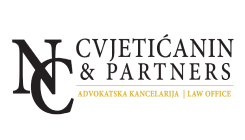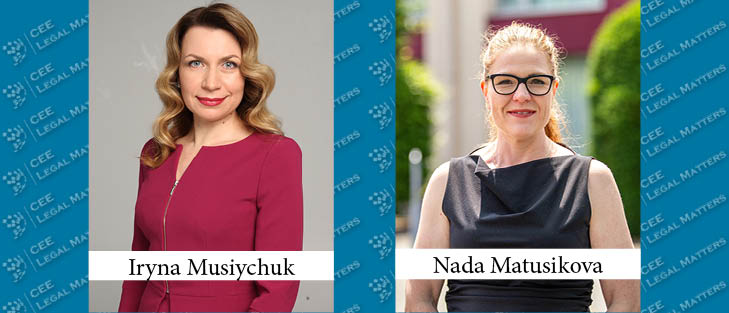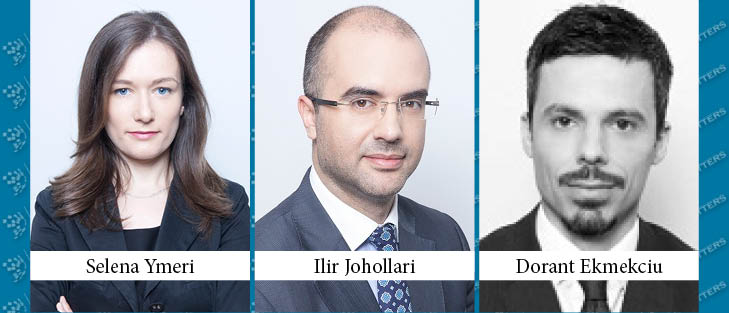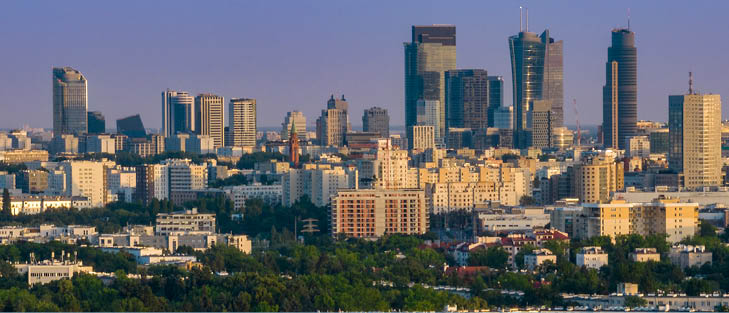Turkey has been undergoing significant changes recently, including reforms made to stabilize the Turkish lira and improve the dispute resolution process, says Duygu Gultekin, Partner at the Esin Attorney Partnership.
“The legislative changes encourage and stimulate the use of the Turkish lira,” Gultekin says, referring to the introduction of reforms to the Protection of the Value of Turkish Currency law, which came into effect in August last year. “The currency seems to be more stable now,” she says, pointing out that before the changes in the law the lira traded at around 7.0 against the dollar, but has since rebounded to 5.3. “We expect it to stabilize further following the local elections in March 2019,” she says.
Gultekin reports that the Turkish government has identified 2019 as an “export driven” year, as part of the 2019 Presidential Annual Program, which will focus on developing and supporting exports for 2019, in particular the export of services, such as software and technology.
“Turkey renewed its focus on export activities in 2018, resulting in a successful year that promises further growth in 2019 and today they become a high priority for the country,” she says, adding that she believes it is connected with the aim to stabilize the local currency.
In the meantime, dispute resolution processes continue to transform in Turkey. In the middle of December 2018, the Law on Initiating Proceedings against Monetary Receivables Arising out of Subscription Agreements was passed. The law makes mediation, which was previously mandatory only for employment disputes, now mandatory for all commercial lawsuits with monetary claims. It came into force in January 1, 2019 and requires parties to attempt mediation before they bring monetary claims to court, Gultekin explains. However, she says, in certain circumstances the law provides an option to opt out of mediation and pursue arbitration solutions instead.
Gultekin reports that the use of arbitration is a new trend in the country, adding that the Istanbul Arbitration Center (ISTAC) has become "quite efficient." Thus, “in combination with the new law on mandatory mediation, local arbitration, and Turkish courts, we will see quite positive changes in dispute resolution in 2019,” she says. “The law will help to expedite cases, which take up to around two years in courts, and allows an option for arbitration, which also resolve the issues much quicker.”
Finally, Gultekin says that the Turkish legal market itself is stable at the moment, reflected at least in part by the October 2018 reelection of the Istanbul Bar President, which, she says, “gives a sense of continuity and stability.” In addition, she points to a growing interest in the Union of Turkish Bar Associations in establishing close relationships with foreign bar associations, “to keep lawyers well informed about global trends,” including new developments in LegalTech and AI, which have in recent years become increasingly important.

















